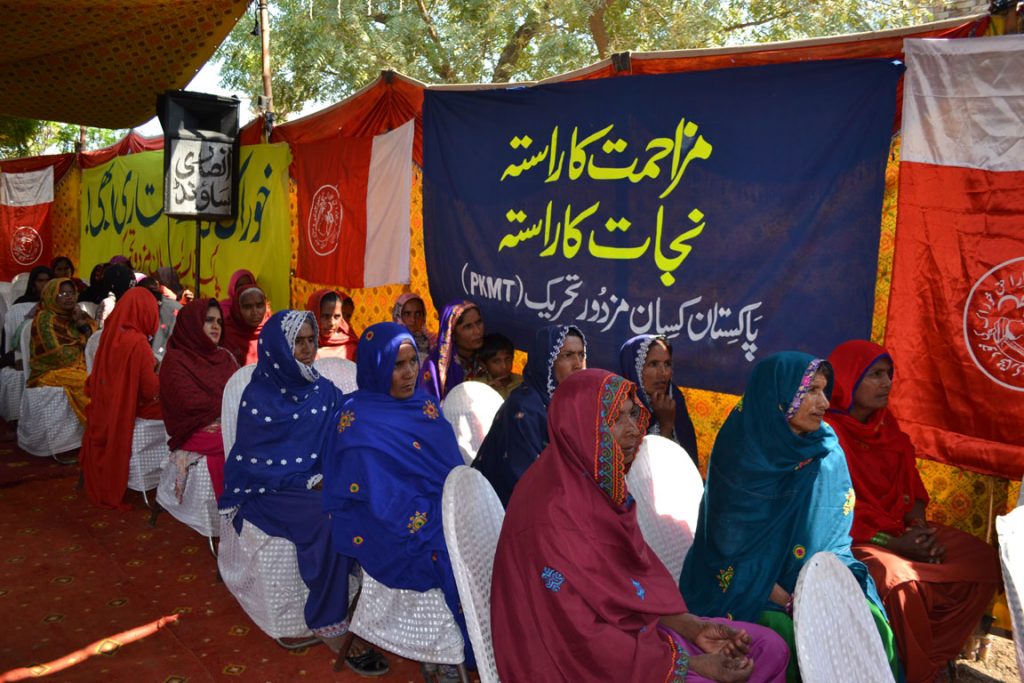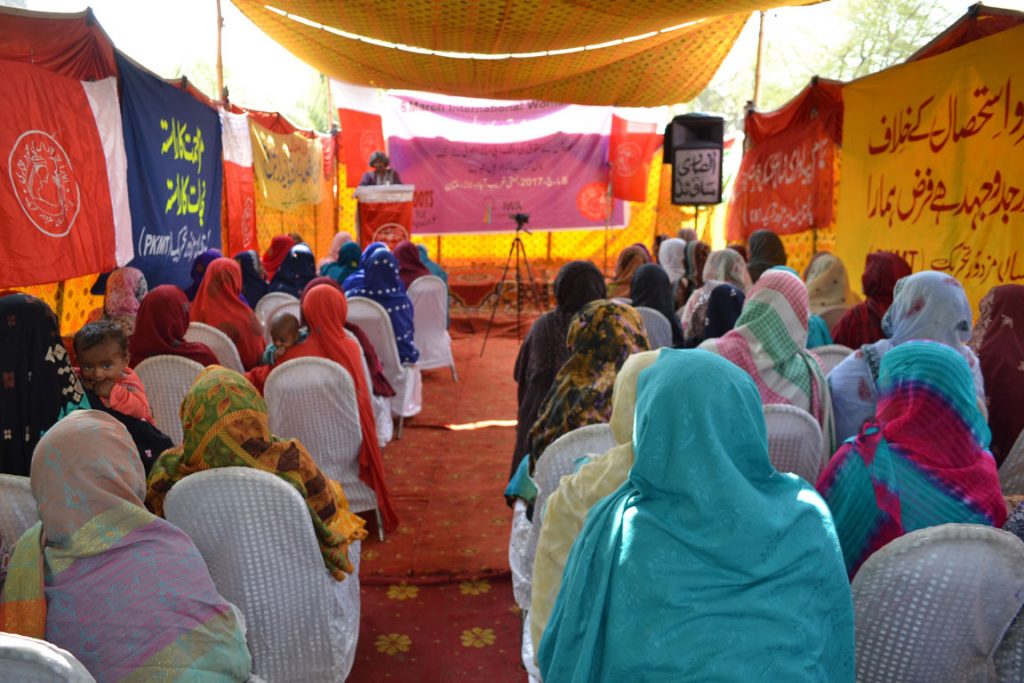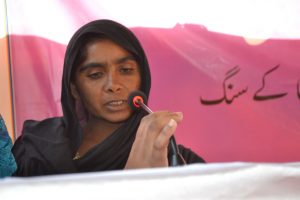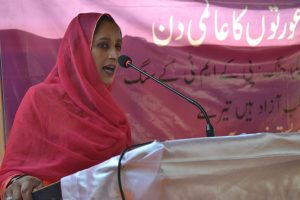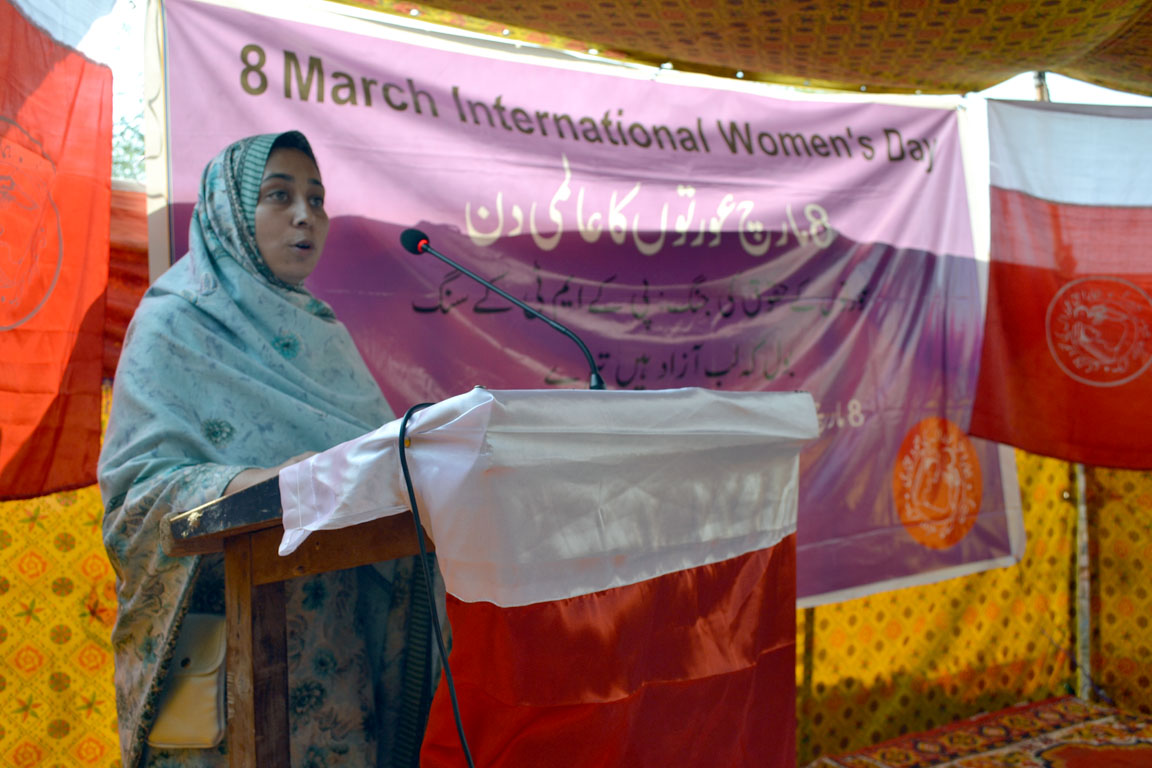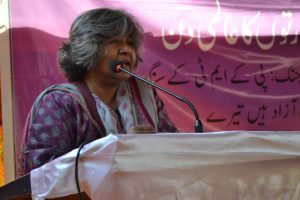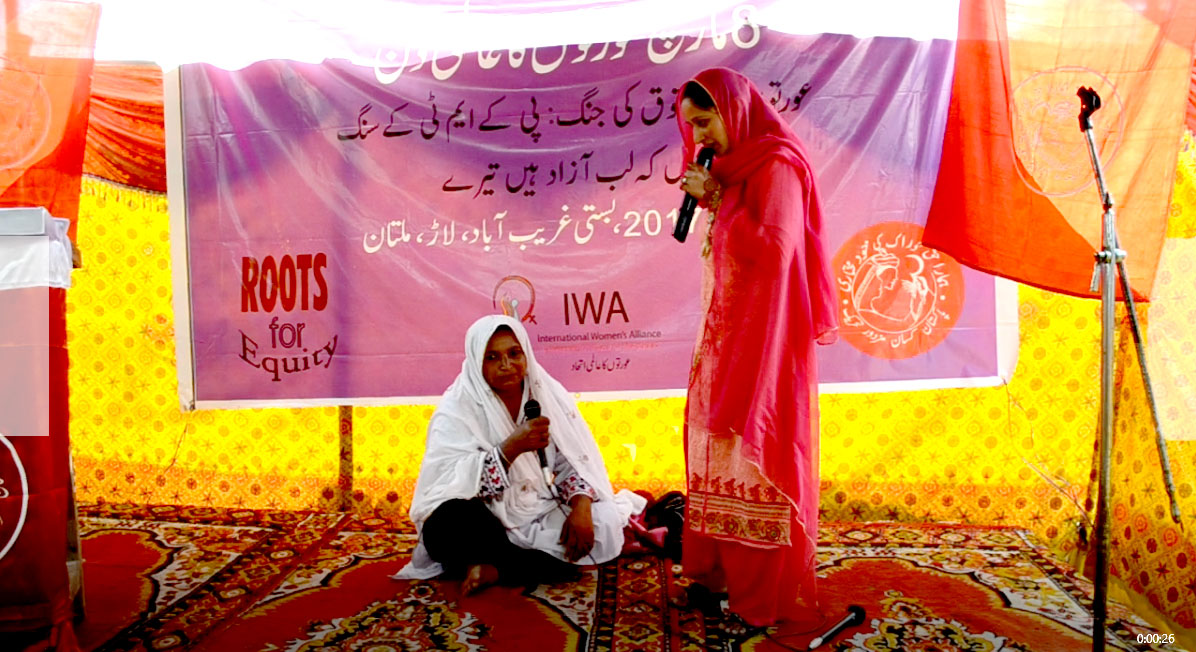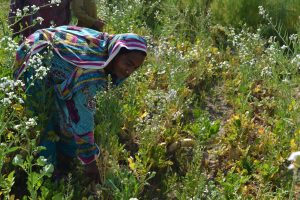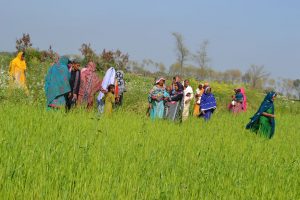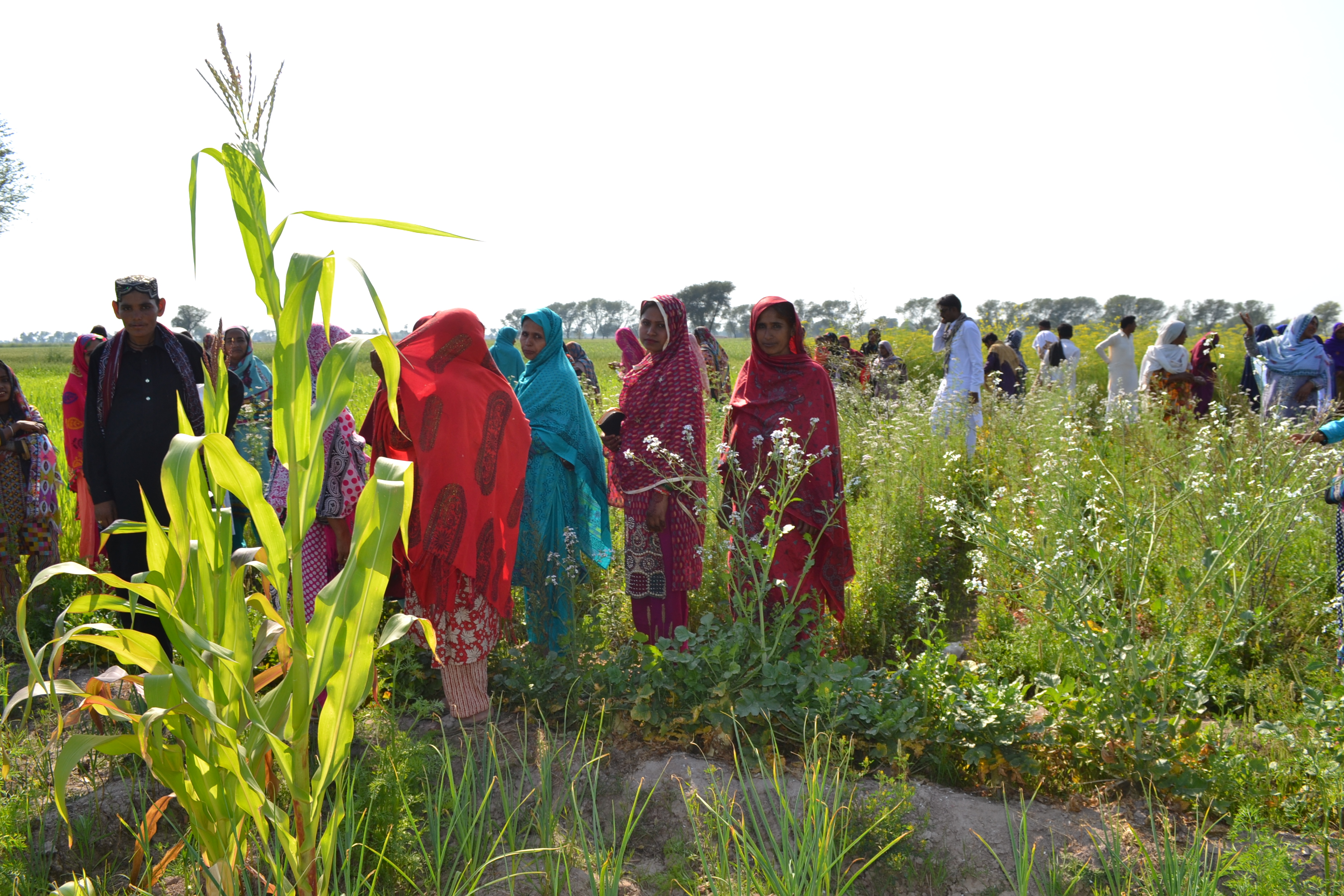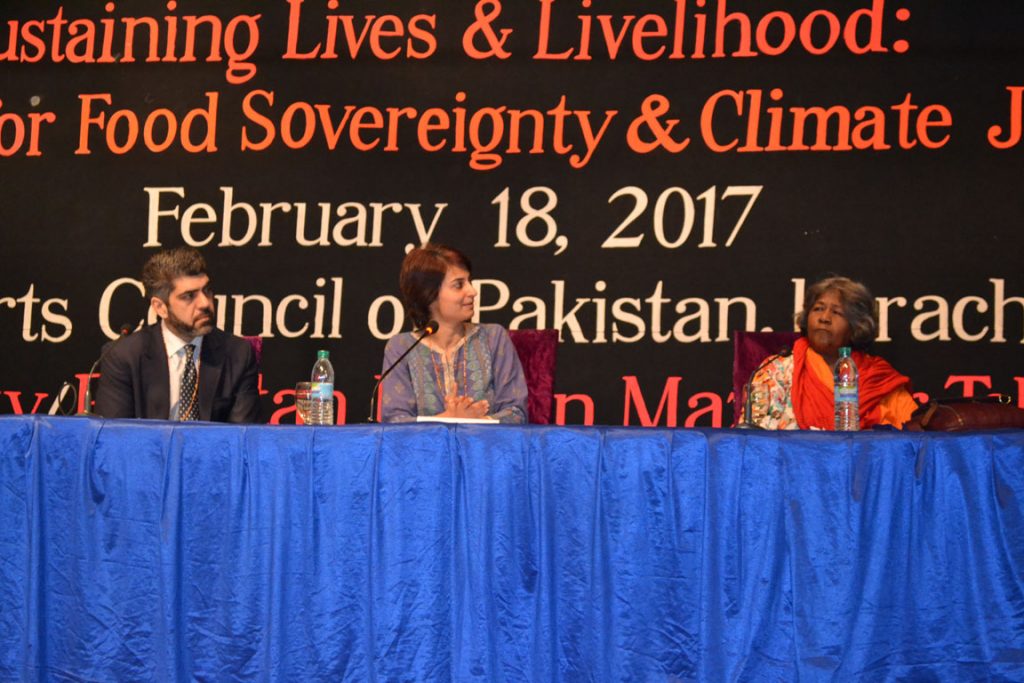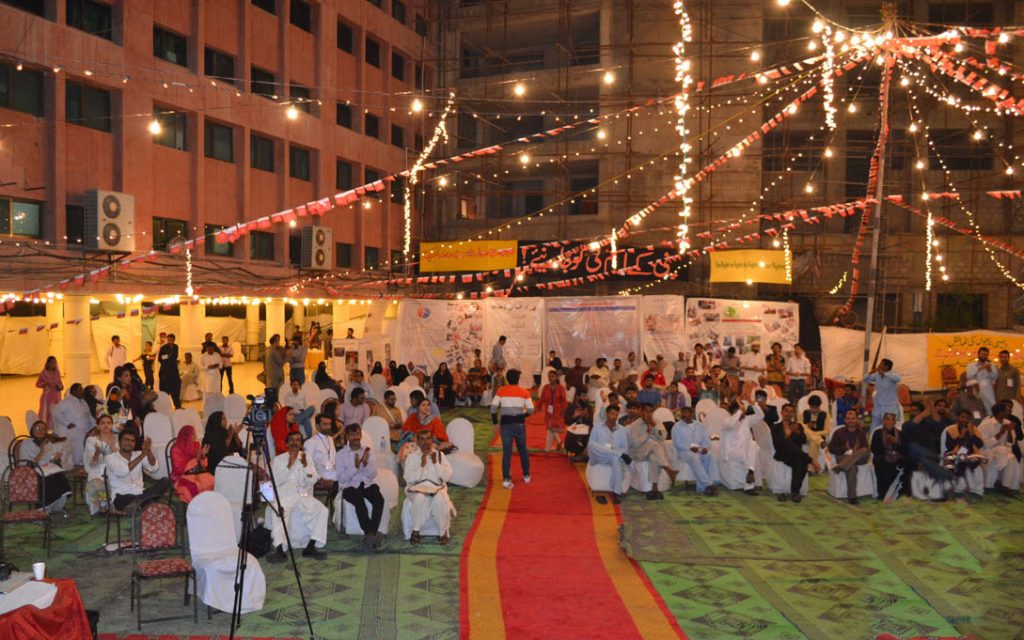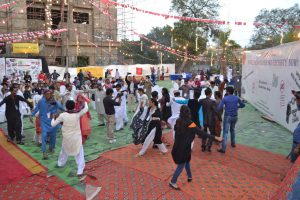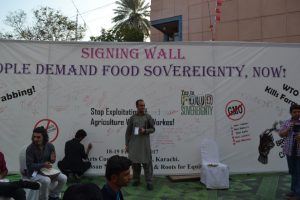Press Release:
The Pakistan Kissan Mazdoor Tehreek (PKMT) and Roots for Equity in collaboration with the Asian Peasant Coalition (APC), Pesticide Action Network (PAN AP) and other Asian organizations marked the Day of the Landless under the theme “Fight for Land! Fight for Life! Intensifying the Struggle against the Global Land Grabbing!” The Day of the Landless acknowledges and registers the struggles of farmers across the world that have been forcefully evicted from their land, even though they and their ancestors have lived on these lands for many generations. A number of countries including Bangladesh, Cambodia, India, Indonesia, Malaysia, Mongolia, Nepal, Philippines, and Sri Lanka held various events to mark the day.
Pakistan Kissan Mazdoor Tehreek and Roots for Equity lodged their protest on the Day of the Landless by holding a press conference at the Peshawar Press Club, Peshawar, and a protest in front of the Ghotki Press Club, Ghotki, Sindh.
Altaf Hussain, PKMT National Coordinator spoke against pro-investment policies that were being promoted to implement various development projects, and economic zones including the China Pakistan Economic Corridor (CPEC) that were leading to increasing cases of land grab, including those happening in Hattar, Haripur. He pointed out that farmers, who were already facing hardship due to ongoing operations against fundamentalism, were further pushed toward loss of livelihood, hunger and impoverishment due to land grab made for the Northern Bypass, Peshawar and Hattar Economic Zone. PKMT’s Khyber Pakhtunkwa (KPK) Provincial Coordinator, Fayaz Ahmed, rejected the provincial government’s notification for acquiring 1,000 acres agricultural land in Hattar, Haripur. He pointed out that a previous land grab in 2008 by the provincial government of about 3400 canal (435 acres) of land – a highly exploitative measure – had also forced farmers to sell their land for which they received negligible compensation. Once more, in the name of development, farmers are being evicted from their land, which will lead to their deprivation, leading to not only increase in hunger and poverty in the province but also have negative impact on national agriculture economy and food security. Alftaf Hussain pointed out that land is farmers’ right, and now farmers will not allow themselves to be evicted from land – there is no doubt that the farmers from Hattar and surrounding areas totally reject the government’s notification for further land acquisition.
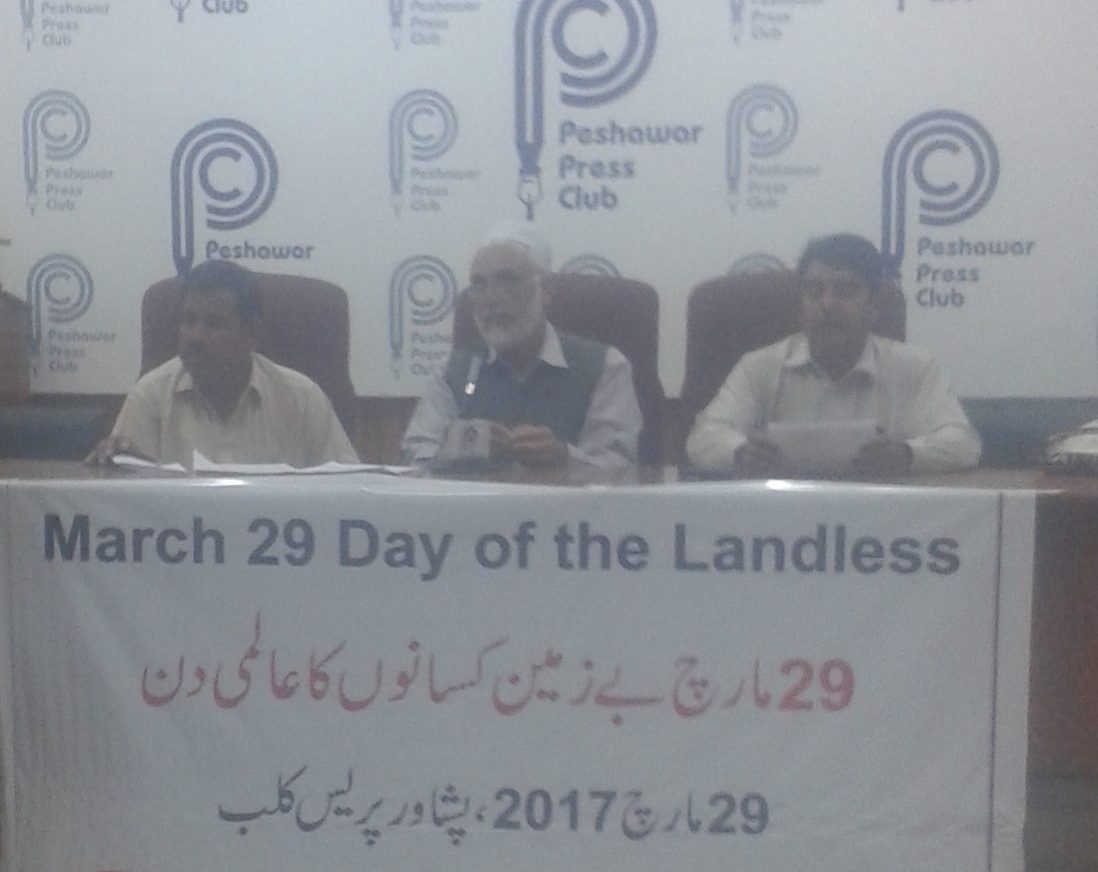
PKMT National Coordinator Altaf Hussain along with Provincial Coordinator Fayaz Ahmed during a Press Conference on Day of the Landless
PKMT also lead a protest in Ghotki, Sindh, against farmers being evicted from land. The PKMT Sindh Provincial Coordinator, Ali Nawaz Jalbani spoke against the eviction of farmers from Ghotki Seed Farm, Omer Dhoko Farm, and Ruk Farm. addition, Jalbani pointed that farmers have also been evicted from 1,872 acres of Cotton Research Farm where farmers had been living for many decades and regularly paid the government the stipulated share of production. He pointed out that instead of using an adjoining vast area of non-agricultural land, farmers are being evicted for developing residential areas on very fertile agricultural land. Ali Gohar, Ghotki Coordinator, PKMT pointed out that 70.8 percent of households in Sindh were already suffering from malnutrition and poverty from the oppressive exploitative feudal land lords in the province, and to push profit-oriented real estate development projects in the province would intensify hunger and poverty in the province.
Neoliberal policies across the country were the reason for evicting small and landless farmers so that grabbed land would be given to investors and foreign corporations. The profit driven agenda to develop free economic zones, highways and various infrastructure projects will intensify hunger and poverty in the country. PKMT demands that all land grab policies must be stopped immediately; instead equitable land distribution must be carried out among women and men farmers that will be the basis for eradicating not only hunger and poverty but also lead to food sovereignty.
Released by: Pakistan Kissan Mazdoor Tehreek (PKMT)



